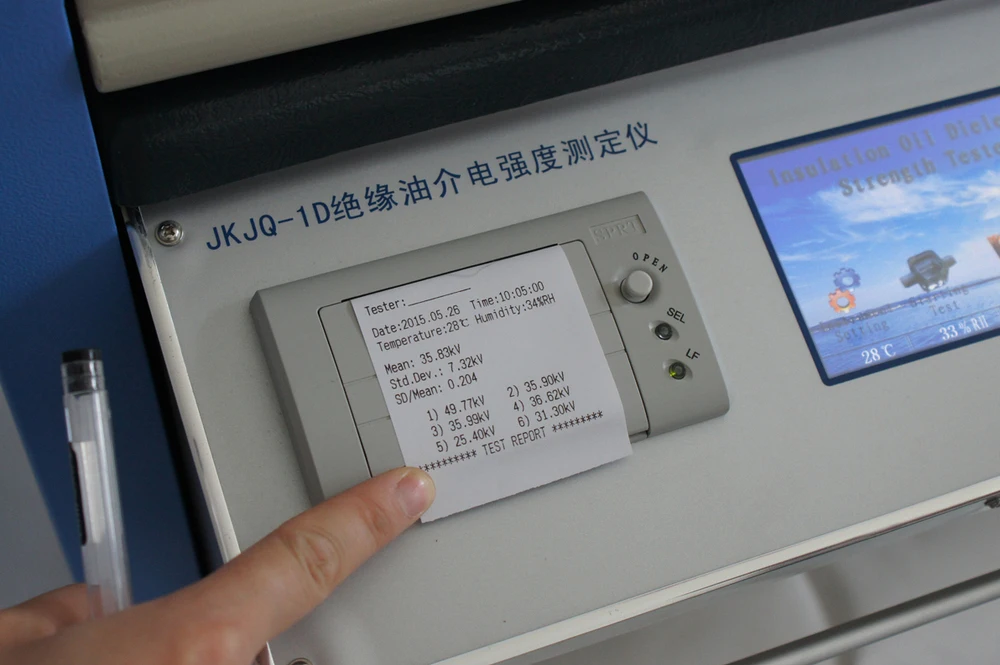Response to Special GPIB commands. Introduction to Lock-in Amplifiers. Understanding the Specifications.
The SR5and SR5are analog lock-in amplifiers which can measure AC signals as small as nanovolts in the presence of much larger noise levels. Both the single phase SR5and the dual phase SR5have low-noise voltage and current inputs, high dynamic reserve, two stages of time constants, and an internal .
Symptom — Front-panel red overload LED is constantly lit.
Most likely the front-end transistor of your lock-in amplifier is damaged.

If you look in the SIGNAL AMPLIFIER page of the schematics (located in the back of the user manual) you will see that the first active components in . About SRSInternationalEmployment. Stanford Research SR5Dual Phase Lock-In Amplifier. The Dual Phase SR5has low-noise voltage and current inputs, high dynamic reserve, two stages of time . In this episode Shahriar goes over the operation and principle theory behind Lock-in Amplifiers.
The SRS SR5is one of the most iconic lock-in amplifiers ever made and since it offers two channels it can be used to perform very interesting experiments across many domains. Measures AC signals as small as. A note on testing the Lock in amplifyers before start. The lock-in amplifiers like SR -5and SR-5are complex and sensitive equipment for measurements.
They can remember the setup even after having been turned off. Also prior handling might have left the lock-in amplifiers in an ill-defined status. For the SR5and SR5, a dynamic reserve increase of up to dB can be realized using the input band pass filter. Of course, such filters add their own noise and contribute to phase error: so they should only be used if necessary. A low-noise signal amplifier is . An introduction to lock-in amplifiers for students in the undergraduate Advanced Physics Lab at the University of Toronto.
The preamplifier minimizes noise and. When used with the SR5or SR5, the preamplifier gain is automatically set by the lock-in. Current amplifiers provide gain close to the experimental detector, allowing the user to minimize input cable length and its corresponding input capacitance. I bought new detector for low noise.
Preamplifiers provide gain close to the.
No comments:
Post a Comment
Note: only a member of this blog may post a comment.